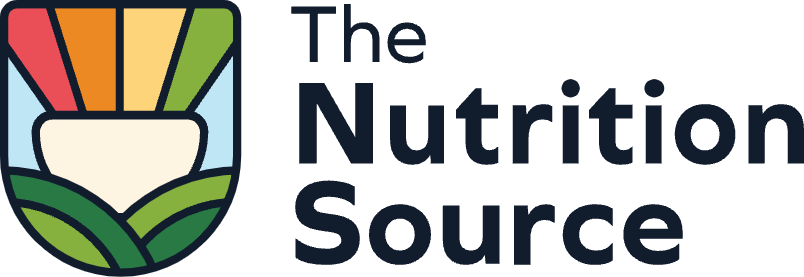Eating a healthy diet isn’t simply a matter of knowing what to eat – though that’s a major factor. It’s also about knowing how to acquire and prepare such foods, and last but certainly not least, it’s about being able to afford these healthier foods. One of the biggest barriers to healthy eating is the belief that it’s expensive, a topic explored in a paper (1) coauthored by HSPH’s Dr. Dariush Mozaffarian.
- Interestingly, results showed that much healthier diets cost, on average, only $1.50 more per day – a small price in comparison to both the health benefits and the savings in health costs.
This is an average price difference, however. Unhealthy diets can still be expensive, and you can create healthier diets that are quite affordable. Here are a few ways to do just that.
Eating well for your waistline and wallet
1. Cooking makes cents
The first rule for saving is to prepare your own food – for all meals – rather than eating at restaurants (including fast-food restaurants). Self–prepared meals are almost always far less expensive, and for added convenience, try cooking larger quantities so you can make meals from leftovers later in the week.
- Another way to stretch your budget? Look into food coops in your area; becoming a member may help you get healthier foods at a lower price.
2. Minimize meat
Plant-based diets are not only considered optimal for health, they also tend to be more affordable. Animal proteins usually cost more, so rather than build a meal around meat, switch it up: Pick a plant for your main meal, and incorporate meat sparingly. You’ll still get to experience both, but in a proportion that is healthier for you and your budget.
- An additional advantage? Plant-based items like nuts and whole grains have a longer shelf life than meat, which tends to perish more quickly.
3. Pay more attention, pay less money
When eating mindfully, many people find they are satisfied with less food. Eating less, in turn, can translate into buying less. So while mindfulness is excellent for health, it has an added budget benefit, too.
In a meta-analysis (2) of 24 studies about of the effect of food intake memory and awareness on eating, evidence showed that attentive eating is likely to influence food intake.
- Eating when distracted produced a moderate increase in immediate intake, but increased later intake even more.
- The more you pay attention, the less you eat – both in that moment as well as later.
Practice eating mindfully, and see if minimizing distractions saves you dollars.
4. The paradox of processed
Fats, such as nuts, and protein sources, like fish and chicken, tend to cost more, but oftentimes you can be satisfied eating less of these “higher quality” foods. A simpler way to state it is that the higher the quality, the less it takes to satisfy your appetite. Fats and proteins tend to be more satiating, so it takes less of them to feel full.
- Highly processed foods, on the other hand, tend to make you hungrier. Typically full of sugar and refined carbohydrates, highly refined foods like cereals, cakes, cookies and chips send your blood sugar spiking and subsequently crashing, leading to increased appetite even after you’ve eaten.
So be wise when deciding what to eat. A bag of nuts may appear costly, but it could easily last a week or more. A bag of chips can have a lower price, but it could be gone in an hour! Processed foods may appear to be less expensive, but you’ll likely eat them faster – and eat more of them.
5. Examine how you calculate costs
Most people think of food costs as simply the amount you pay at the store. However, it’s a more complex equation. The cost of your food isn’t determined in the checkout line – the real cost of your food is calculated much later, when you examine its impact on your health. Paying more now may save you money later, in health care costs.
- Stay tuned for meal ideas that are both healthy & affordable.
References
- Rao, M., Afshin, A., Singh, G., Mozaffarian, D. (2013). Do healthier foods and diet patterns cost more than less healthy options? A systematic review and meta-analysis. British Medical Journal Open 3(12): e004277.
2. Robinson, E., Aveyard, P., Daley, A., Jolly, K., Lewis, A., Lycett, D., Higgs, S. (2013). Eating attentively: A systematic review and meta-analysis of the effect of food intake memory and awareness on eating. Am J Clin Nutr 97(4): 728-42.

